
EU fisheries ministers exclude the public. The countries' mutual positions are kept secret. We citizens are not allowed to influence the decisions that are decisive for the ocean and the planet. The fishing quotas are set over a couple of hectic days and usually exceed the advice of science. Deep Sea Reporter has exclusively interviewed the EU's own Ombudsman Emily O'Reilly, who condemns the lack of transparency…
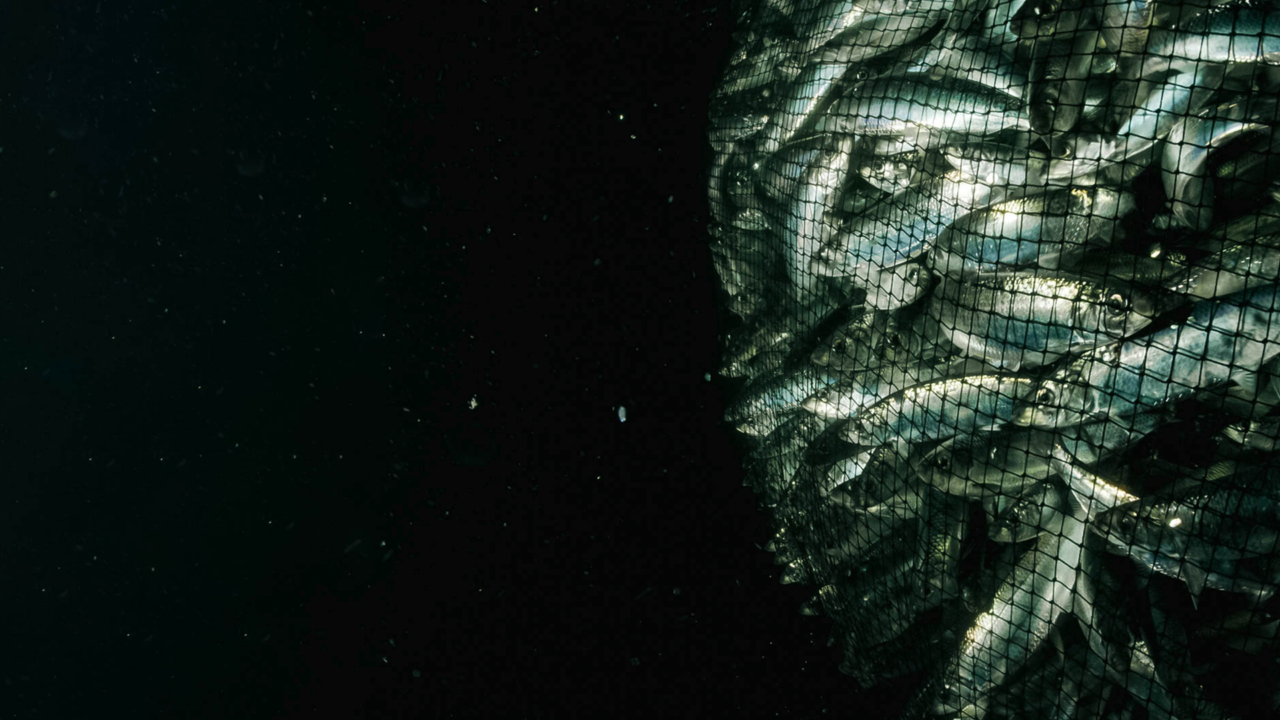
EU fisheries ministers are currently violating EU laws, yet no one has been held accountable for their actions. However, today, March 16, environmental organizations are taking the issue to the European Court of Justice, arguing that the violation of the law must have serious consequences.
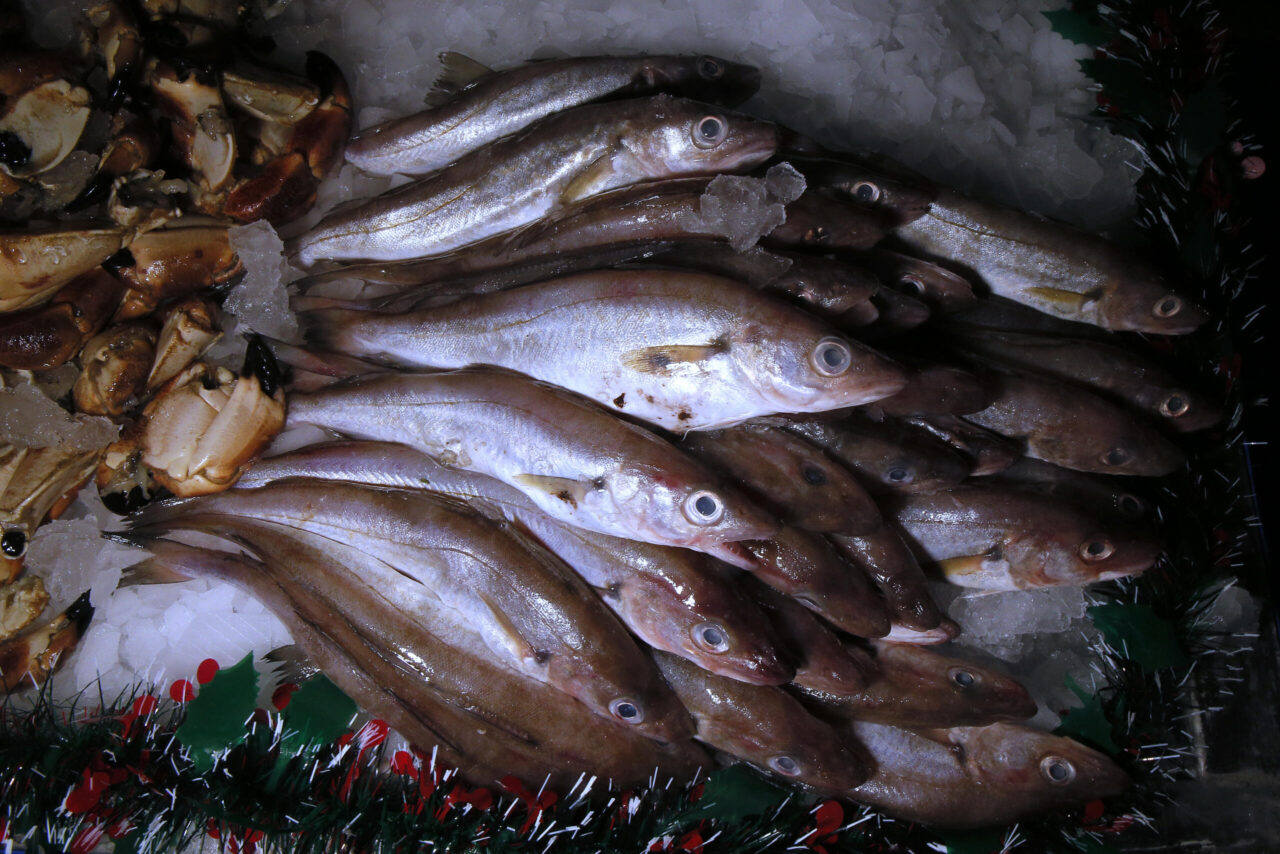
After a protracted dispute over who will be allowed to fish what, an agreement for 2022 has been reached between the UK and the EU. The agreement is receiving criticism from environmental organizations who believe that short-term financial gains are more important than long-term consequences for the environment and fish stocks
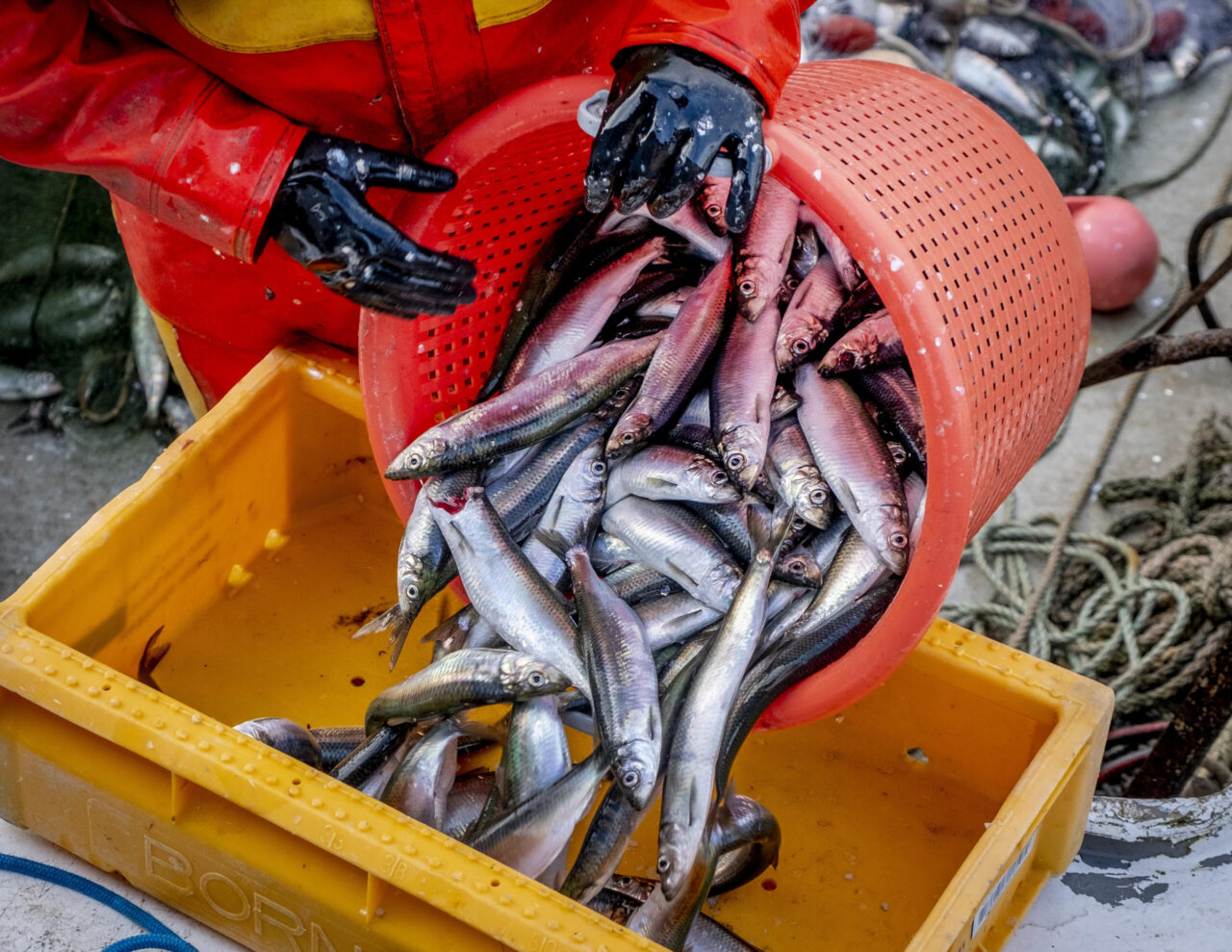
EU fisheries ministers have agreed on fisheries in the Atlantic, including the North Sea, the Skagerrak and the Kattegat, next year. Environmental organizations are critical of parts of the agreement. France, Spain and Portugal in particular are singled out as irresponsible
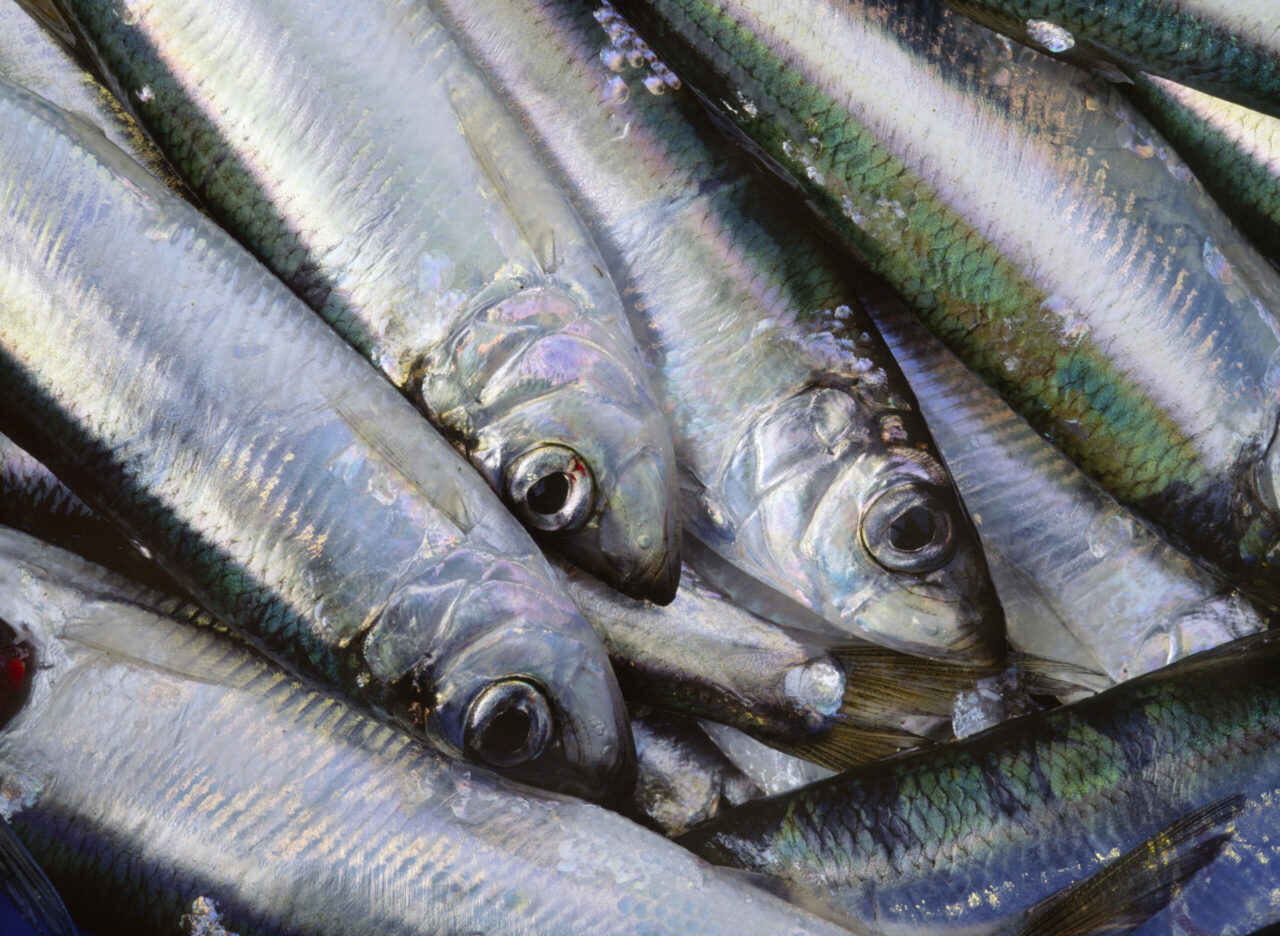
The EU Council of Ministers has reached an agreement on next year's catch quotas for fish in the Baltic Sea and the Sound. The quotas for the disputed herring were reduced by 50% and 45% respectively in the western and central Baltic Sea, while they were increased by 71% in the Gulf of Bothnia
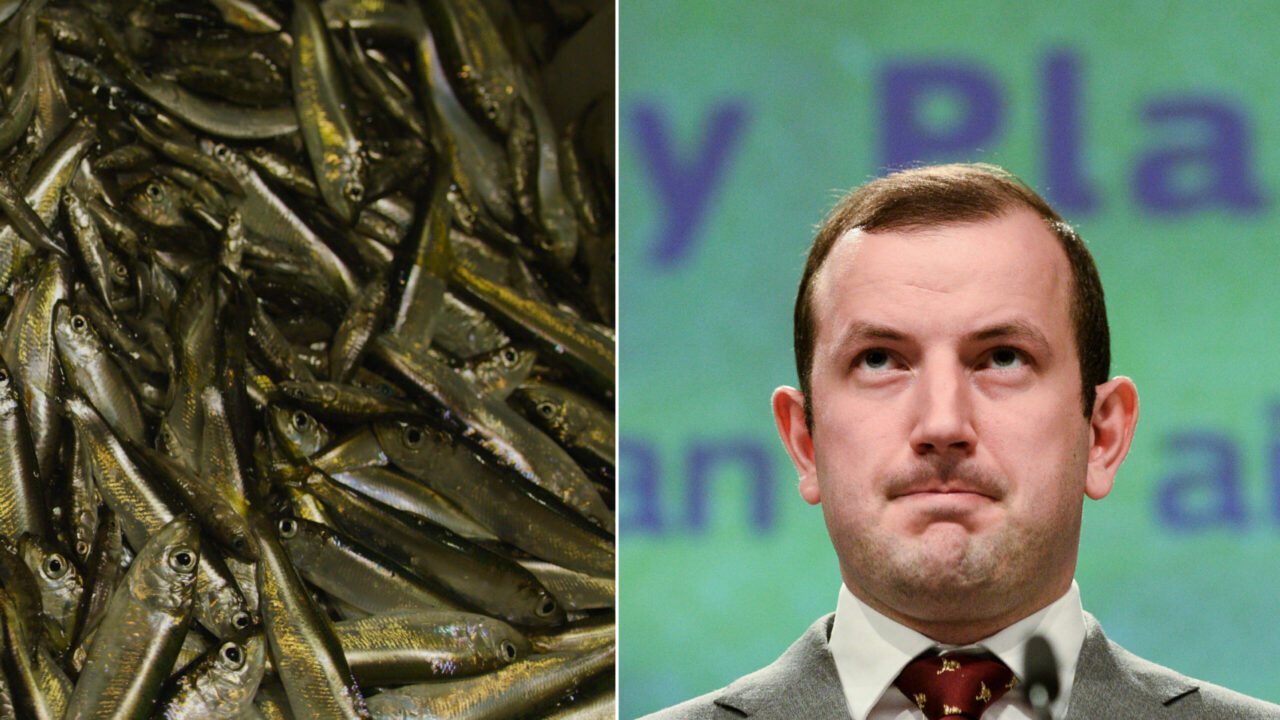
EU countries are currently discussing the 2022 catch quotas for fish in the Baltic Sea and the Sound. The European Commission proposes to significantly reduce quotas, including for the much-discussed herring in the Baltic Sea